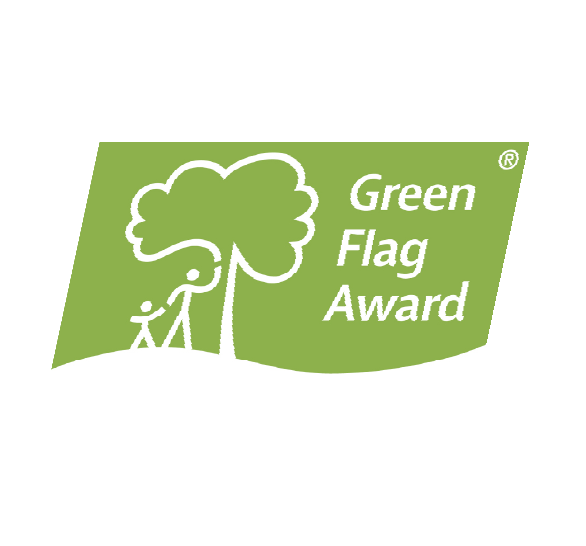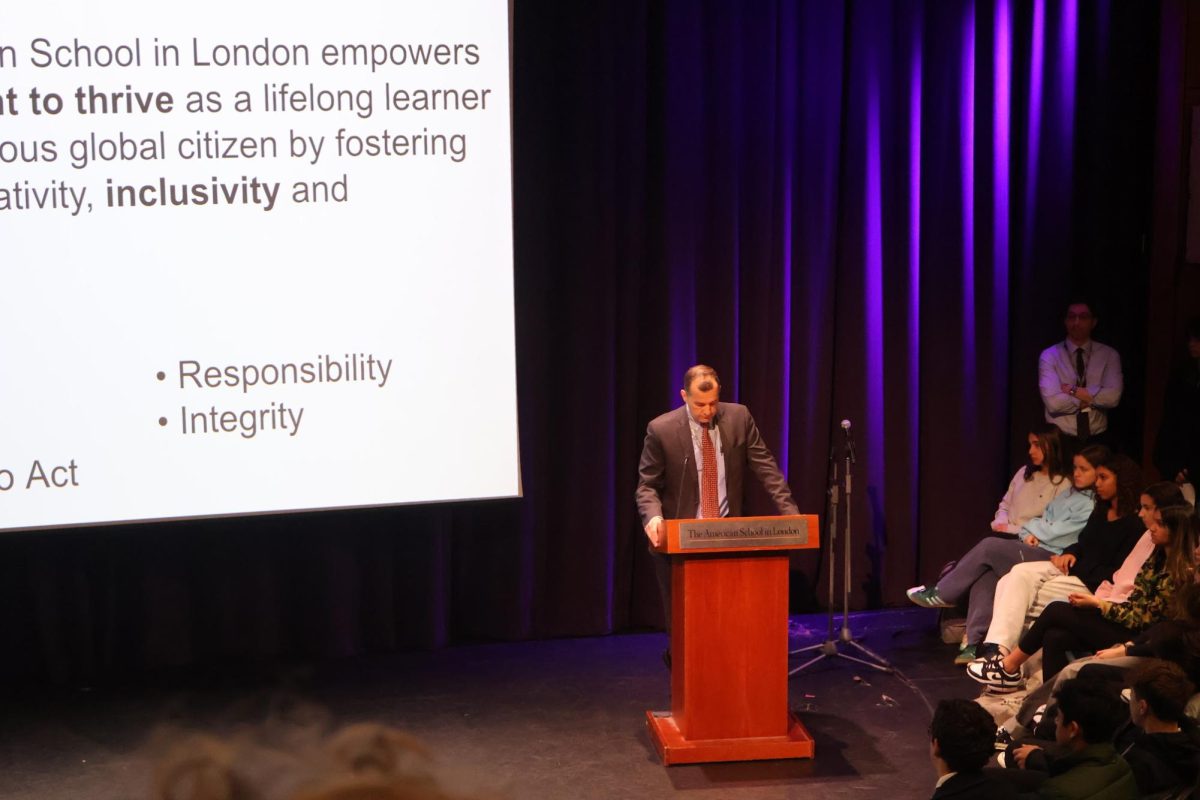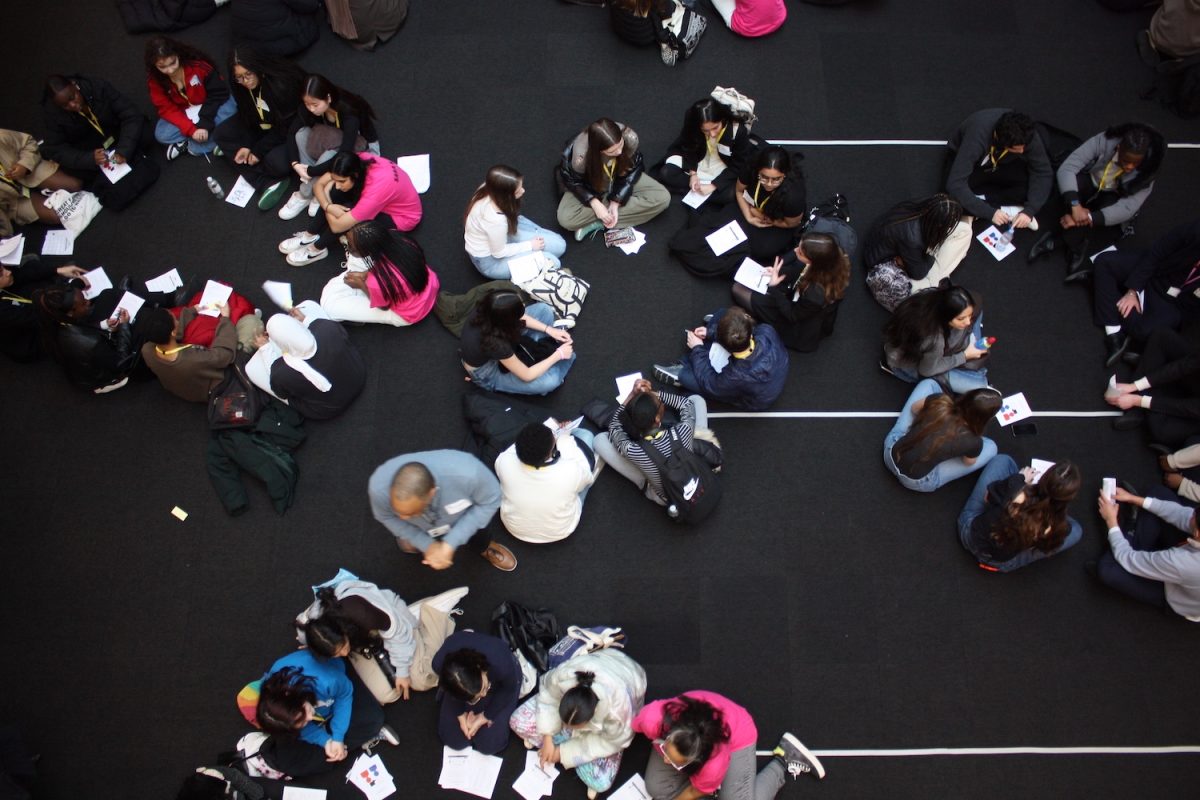Smog clouds engulf cities as kids walk to school wearing face masks. This is the image Josh O’Toole (’18) sees when visiting family in China. The culprit: Pollution.
For O’Toole, pollution and climate change come hand-in-hand, and are two pressing issues. This encouraged him to join the recently formed Sustainability Council.
Founded by Science Teacher Marisa Wilson, the Sustainability Council is a new initiative in the High School this year. The Council includes Wilson and a group of 20 students who joined after an application process. Learning Specialist Terri Moyer also helps to advise the council.
Sophia Linkas (’17) is one of the leaders of the Sustainability Council, which serves to “trying to make our community more sustainable by spearheading initiatives and raising awareness.”
For members on the council, their interest in the environment may have been sparked through classes like AP Environmental Science or Ecology, or simply, like O’Toole, have a firsthand experience with environmental issues such as air pollution. “I think everybody cares about the environment to a certain degree, but these are students who really have first-hand experience with an issue, or have a really strong knowledge base,” Wilson said.
ASL has been registered with Eco Schools, a program aimed at encouraging sustainable practices in schools, for about seven years. Wilson discovered Eco Schools and registered ASL while working with a group of students to build a solar panel for Quintin Kynaston (QK).
Eco Schools engages students around the globe to make their schools more eco-friendly. Approximately 17,000 schools in Britain are registered. The organization presents a Green Flag Award to schools that meet specific seven criteria in their efforts to increase sustainable practices. Around 1,200 schools in Britain hold this award.
The council, in its inaugural year, is still deciding what they want to focus on. Linkas sees the Green Flag Award, given by Eco Schools, as a longterm goal for the council.
In O’Toole’s opinion, though difficult, achieving the award is the main goal and motivator of the council. “It is feasible [to earn the Green Flag Award], but it is going to be tough. We are going to need to coordinate on it with a lot of people, but it is definitely feasible. It is not a very long process, if we are efficient,” he said.
One requirement of the Green Flag Award is to have an Eco-Committee comprised of students and faculty advisors. The Sustainability Council fulfills this requirement. However, the Eco-Committee must involve members from all three divisions of the school in order to meet the criteria.
Linkas and O’Toole attended a meeting in the fall with administrators, facilities managers and teacher representatives from all three divisions to discuss the future of sustainability at ASL. “That group, while it’s made up of a lot of adults who can help the different divisions of students go forward with these things is really important, at the end of the day it’s about the students and they have to come up with how they want to make sustainability better at this school,” Wilson said.
A central aspect of the Green Flag Award is that the efforts towards obtaining it must be a student initiative.
The Green Flag Award also requires the Eco-Committee to conduct an Environmental Review of the school on areas including waste, energy, water and litter. The Sustainability Council has already completed this review. They are currently in the process of analyzing the review to isolate areas in which they want to focus their efforts and develop their Action Plan.
Eco Schools requires students to create an Action Plan and choose three areas to focus on, one of which must be energy usage at their school. After the other areas are chosen, the council will implement programs and initiatives to improve sustainable methods. In addition, they will complete the “monitoring action and evaluating progress” step set out by Eco Schools.
One aspect Wilson believes the school needs to improve greatly is in transportation usage. “Transportation is the area where we can make the biggest change, but it’s also the most difficult,” Wilson said. “You think about Alternatives, those are some great trips, but can they still be great if we don’t fly all over the place?”
The Eco-Committee must also find a way to link sustainability to the curriculum. Both Wilson and Linkas believe this is a key step in increasing overall environmental awareness at the school. “That’s the way students are going to go forward and have these ideas instilled in them,” Wilson said. “Whether they go into the business world, engineering, fashion… they have a little bit of a sustainability idea in their mind in terms of whatever they’re doing.”
Through integrating environmental ideas into lessons, Linkas hopes to instill students with more conscious mindsets. “We need is talk to all the teachers about incorporating sustainability and environment into their lessons for all classes in some way. For instance, if the statistics teacher is doing a lesson he can do it on carbon emissions or renewable energy,” she said. “So just talking more about the environment is a huge part of it.”
Green Flag Award:
The Eco-Committee
Students share responsibility with adults for running and keeping a record of the meetings
The Environmental Review
Students and adults on the Eco-Committee plan and carry out an environmental review of the school
The Action Plan
The Action Plan contains timescales, who is responsible and how targets will be monitored and evaluated
Monitoring action and evaluating progress
Evidence has been collected, analyzed and evaluated to show the school’s progress and develop future actions
Linking to the curriculum
Environmental issues have been covered in at least three curriculum areas by most year groups
Involving the whole school and wider community
The Eco-Committee regularly communicates activities to the school and wider community
The Eco-Code
The school has an agreed Eco-Code that is integrated into the school’s mission statement and core values.
Written by Deputy Editor-in-chief Martha Collins and Lead Features Editor Michaela Towfighi








